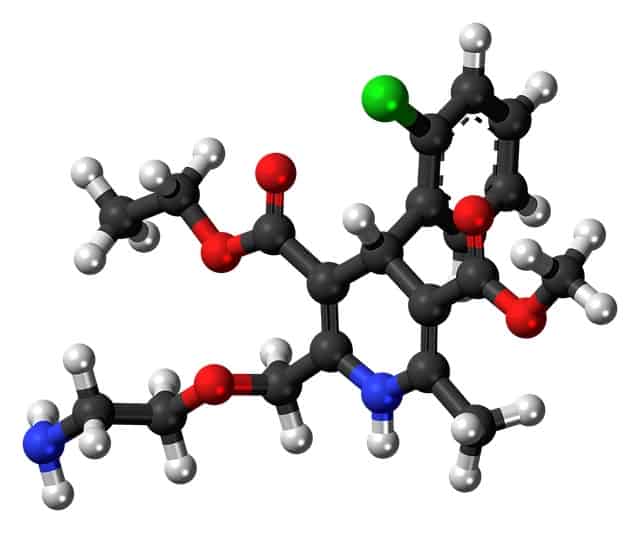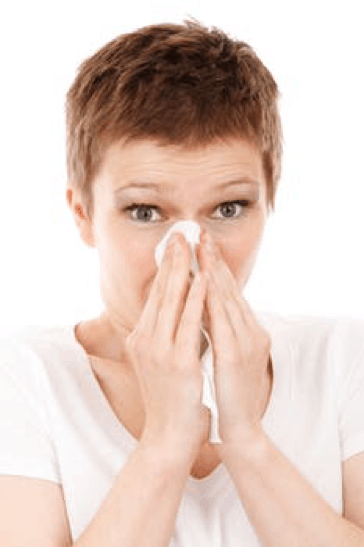High blood pressure (hypertension) is a condition that affects almost a billion people worldwide (World Heart Federation) and can be induced in a number of ways, from unhealthy living habits to genetic diseases. Let’s look at some of the effects, treatments, and preventions.
Effects
Hypertension can damage your body silently for many years before symptoms start to show, and can manifest itself in the following ways:
Damage to arteries. When blood is flowing through your arteries at an increased pressure, it can damage the cells in the inner lining of the arteries. Consequently, blood flow throughout the body becomes limited due to fats entering the bloodstream and gathering in the damaged arteries, potentially causing aneurysms.
Damage to the heart. When blood doesn’t flow freely to the heart, it can lead to irregular heartbeats, chest pains, or heart attacks. One could also experience left ventricular hypertrophy – an enlargement of the left side of the heart – which can lead to heart failure.
Damage to the brain. Diminished blood supply can cause Transient ischemic attacks (TIA) and strokes due to the deprivation of oxygen and nutrients. For similar reasons, it can also lead to dementia and mild cognitive impairment.
Damage to kidneys. The functioning of the kidneys is dependent on healthy blood vessels. Thus, hypertension can lead to kidney failure, kidney scarring (glomerulosclerosis), and kidney artery aneurysms.
Treatment
There are many treatment options available for those who suffer from high blood pressure. Aside from the lifestyle changes (discussed below), various medications are offered for hypertension:
ACE inhibitors. A medication for relaxing blood vessels, it is effective in most people aged 55 and under. It is less effective in black people, not suitable to take throughout pregnancy, and can cause dizziness, headaches, and rashes.
Angiotensin-2 receptor blockers. A blood vessel relaxant, which is an alternative for those unable to tolerate ACE inhibitors.
Calcium channel blockers. Another blood vessel relaxant which is effective in people aged 55+ and black people.
Diuretics. These are water and salt reducing medications for those not able to tolerate the above medications. Possible side effects include dizziness, erectile dysfunction, and a decrease in potassium levels.
Beta-blockers. A medication that causes the heart to beat with less force and at a slower pace.

Prevention
There are many preventative measures and lifestyle changes that one can make to reduce the risk of hypertension:
Regular exercise. This can reduce blood pressure by as much as 9 millimeters of mercury. The most effective form of exercise is cardiovascular, as it strengthens the heart. Consistent exercise also reduces fat around the waistline, which greatly increases the risk of hypertension.
Healthy eating. A diet incorporating lots of whole grains, fruits, and vegetables lowers your blood pressure by replacing saturated fats and cholesterol-rich foods with more wholesome ones. Reducing salt to less than 2,300mg/day in your diet also reduces hypertension.
Reduce alcohol consumption. Small amounts of alcohol can be beneficial for blood pressure, but consuming higher quantities has been shown to not only raise blood pressure but also inhibit the effectiveness of medications.
Other preventions. Other measures that one can take to reduce hypertension include reducing caffeine intake, quitting smoking, and reducing levels of stress. For more information, click here.







